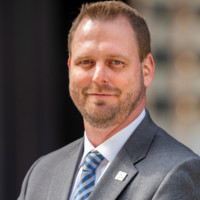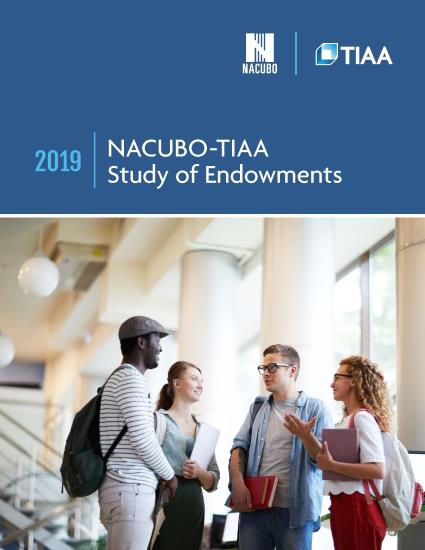Dive into the ‘core principles’ with Dr. Christopher M. Mullin and Dr. Alison Kadlec from Strong Start to Finish as they draw special attention to pathways, remediation, and student success. Watch and explore the importance of:
- Every student’s postsecondary education beginning with a well-designed process that starts with passing credit-bearing gateway courses.
- High-value learning experiences with supports needed to remove barriers to success.
- Each student being provided access to multiple pathways.
- Individual support to stay on track to a postsecondary credential through the effective use of early momentum.
- The need to meet the evolving needs of students and remove barriers to student success and prioritizing those challenges by the institution.
Be sure to check out Core Principles for Transforming Remediation Within a Comprehensive Student Success Strategy to get a preview of what's to come!
Download the presentation here!
Meet Our Speakers

Alison Kadlec, PH.D. Dr. Kadlec is the founding partner of a mission-driven organization, Sova, focused on advancing socioeconomic mobility for more through higher education. Sova is a Strong Start to Finish Core Partner, and is active in several major student-success reform efforts nationally such as the Guided Pathways movement and Tackling Transfer. Dr. Kadlec's expertise is in adaptive change leadership, strategic communications & will-building, and qualitative research -- and Sova's work focuses on accelerating the pace and improving the quality of large-scale, student-focused institutional change. Prior to founding Sova, Alison led the higher education and workforce programs at Public Agenda for over a decade and was a faculty member in political science. She has worked with over 300 institutions in more than 30 states to build healthy cultures for student-focused innovation. Dr. Kadlec has authored several pieces inside and outside of higher education, on topics as diverse as deliberative democracy and play science. She is the author of a book about the contemporary relevance of John Dewey -- Dewey's Critical Pragmatism (2006, Rowman & Littlefield). |

Christopher M. Mullin, PH.D. Dr. Mullin leads an emerging network of 13 higher education systems, 17 partner organizations and numerous contributors all focused on increasing the number and proportion of students completing a the first college-level math and English course in their first year of study. Previously he served as the executive vice chancellor of the Florida College System where, among other accomplishments, he led the development and implementation of the system’s performance funding model, the developmental education accountability process and an approval and accountability process for baccalaureate degree programs. Dr. Mullin also served as the assistant vice chancellor for policy and research for the State University System of Florida and the director for policy analysis at the American Association of Community Colleges. Dr. Mullin is a prolific researcher and writer who has authored over 100 books, journal articles, and policy briefs on the influence of state P-20 education structures on the educational decisions of both institutions and individuals. He is a frequent contributor to the national dialogue with over 200 presentations and over 60 mentions in the media including The Wall Street Journal, Inside Higher Ed and The Chronicle of Higher Education. |



.jpg)




